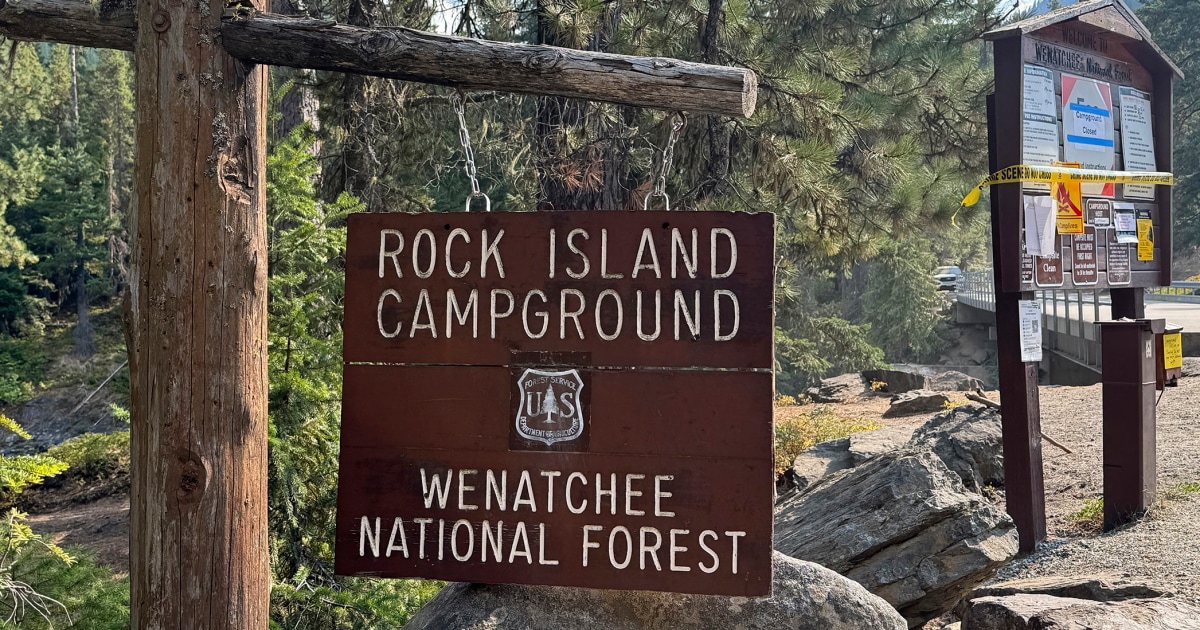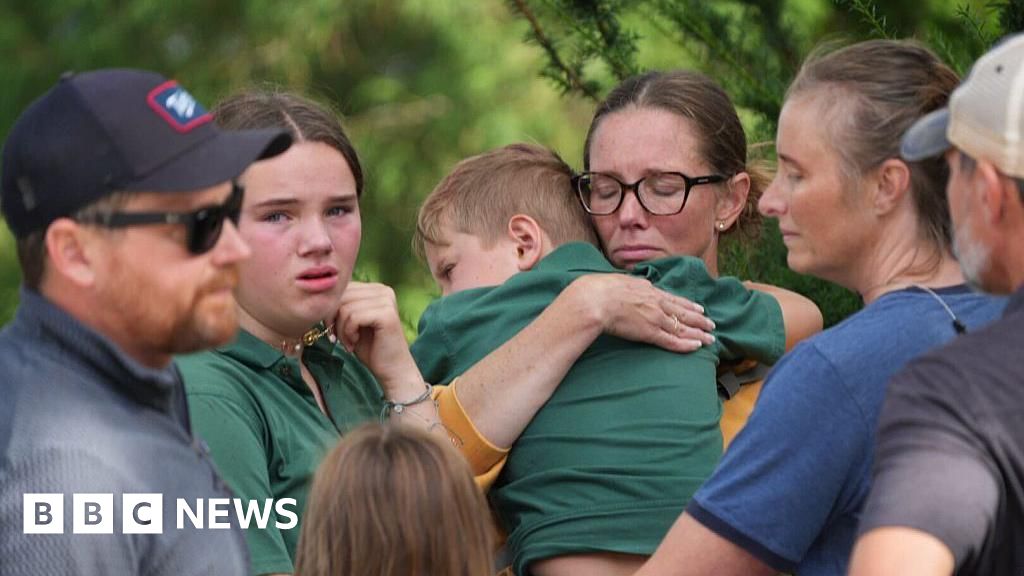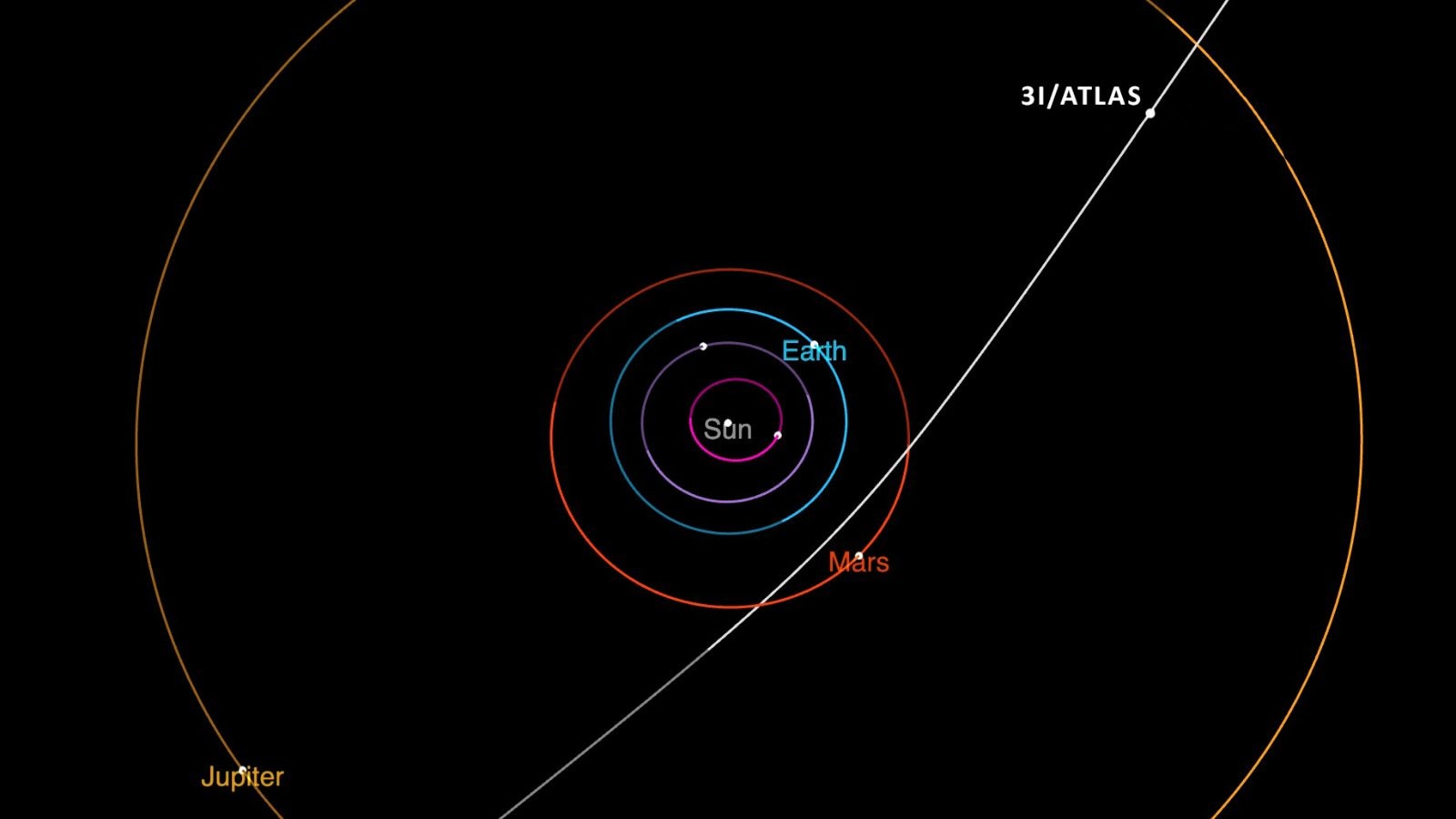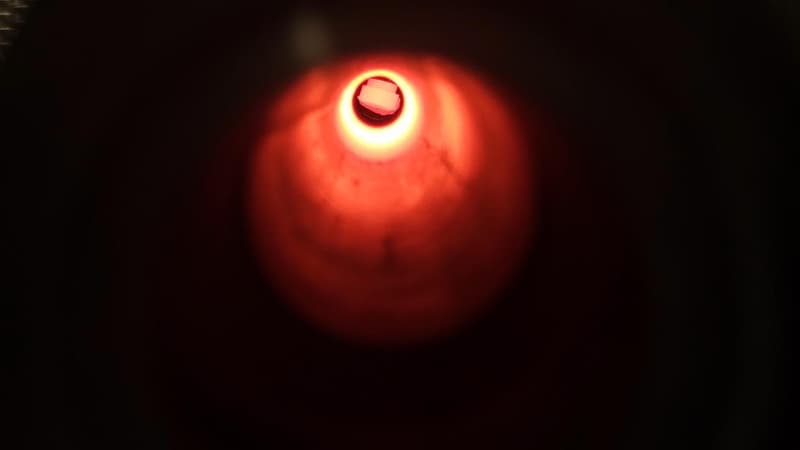Denmark Zoo’s Shocking Proposal: Donate Your Pets for Predator Food!
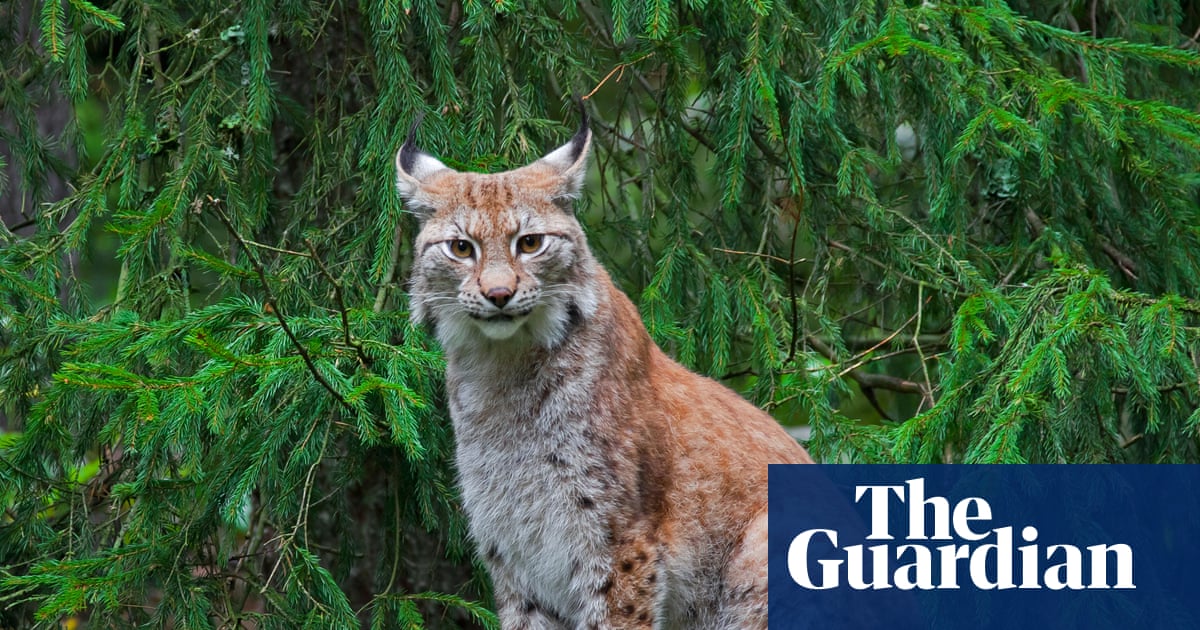
Imagine being told your beloved pet could become dinner for wild animals. Sounds unbelievable, right? Yet, that's the reality presented by Aalborg Zoo in Denmark, which has sparked a heated debate by appealing for donations of healthy small pets to be 'gently euthanised' and fed to their carnivorous residents.
Aalborg Zoo is on a mission to better replicate the natural food chain for their predators, including European lynx, who require a diet consisting of whole prey like chickens, rabbits, and guinea pigs. In a striking social media post, the zoo expressed their need for live donations, stating that healthy animals, if brought in, would be humanely put down by trained staff. They assured that 'nothing goes to waste' and even mentioned their willingness to accept horses.
The zoo claims their initiative is rooted in animal welfare and professional integrity. They firmly believe that providing their predators with a more natural diet is essential for their health and well-being. 'Chickens, rabbits, and guinea pigs form an important part of the diet of our predators,' the zoo wrote, revealing a photo of a lynx with its mouth wide open, presumably ready for a meal.
Along with their plea for small pets, Aalborg Zoo detailed the requirements for donating horses, which would also be slaughtered for food. Each horse must come with a passport and owners can even receive a tax deduction based on the animal's weight. They added that there may be a waiting list for donations, indicating that this is a practice they engage in regularly.
This unusual call for donations has ignited a storm of reactions online. Critics have vehemently condemned the appeal, labeling it a 'sick invention,' while others have expressed support. One former donor recounted, 'I took a horse to the zoo a few years ago. It was the most peaceful and calm way it happened.'
Pia Nielsen, the deputy director of Aalborg Zoo, defended the practice, emphasizing that feeding carnivores with smaller livestock has been a long-standing tradition. She stated, 'When keeping carnivores, it is necessary to provide them with meat, preferably with fur, bones, etc. to give them as natural a diet as possible.' She also noted that many patrons appreciate the opportunity to contribute to this feeding scheme, which many consider commonplace in Denmark.
In the end, Aalborg Zoo's approach raises challenging questions about animal welfare, the ethics of feeding practices in zoos, and our relationship with pets. Do we really understand the circle of life when it involves our furry friends?













